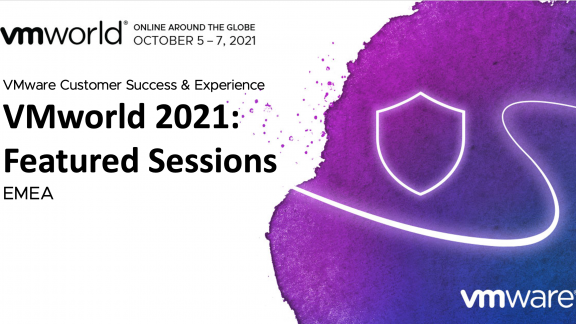Part One of the Cloud Business Management Series

 By Khalid Hakim and Charlie McVeigh
By Khalid Hakim and Charlie McVeigh
Business leaders look at the cloud model and see new ways to accelerate innovation, create competitive advantage, and drive new business models. IT executives look at private, public and hybrid cloud models and see a host of new possibilities for positive IT outcomes, including among others:
- Optimizing CapEx
- Lowering OpEx
- Shifting focus to optimize the “run IT” budget thus freeing funding for the “grow IT” budget
- Improved service delivery times through app and infrastructure delivery automation
- Improved asset utilization by understanding consumption and usage patterns in the cloud
Never forget your history lessons. Have you ever participated in a successful transformation project that didn’t factor in People, Process and Technology? We still find that all too often, a critical aspect of harnessing the cloud is overlooked: the organizational impact of moving to the cloud model. The fact is, the transition to the cloud model requires an evolution in roles, skills, processes, and organizational structure.
Organizing for the cloud cannot be an afterthought in the formulation of an effective IT transformation strategy. When IT is in transition, roles and responsibilities are more important than ever. The right people, with the right skills, have to be in the right places and serve the right roles.
Chief among these critical organizational shifts is establishing a Cloud Business Management discipline. This blog is the first in a four part series recommending specific Cloud Business Management roles and processes to consider.
Cloud Business Manager Role: Run Cloud Like a Business
The Cloud Business Manager role drives a new business management discipline within IT to lead a comprehensive cloud business management practice, leveraging investments in vRealize Business. The Cloud Business Manager supports Cloud Infrastructure and Tenant Operations to help the business better manage:
- Cloud spend
- Rate cards
- Showback and chargeback
- Reporting of consumption and wastage
- Service tier options
- Fair recovery of IT costs
- Incentives driving the right economic usage patterns by cloud consumers.
Responsibilities of the Cloud Business Manager are in the following 4 categories:
- Financial
- The focus here is primarily to develop the cloud service-based cost model along with a repeatable service costing process for Cloud consumption. Among other responsibilities, this includes service-based cost allocation and classification strategy, tracking and management of cloud costs, cloud services rates settings, and defining consumption and showback/chargeback reports from both the provider and consumer perspective.
- Business
- Included here are responsibilities for developing a cloud strategy roadmap, a cloud services marketing program, and liaison work among IT, Corporate Marketing, and Business Unit consumers of the cloud.
- IT/Cloud
- Here the responsibilities include defining SLA’s, ensuring delivery, and making cloud workload placement decisions based on the right economic factors to avoid shadow-IT situations.
- Value
- Responsibilities here include defining value metrics, continuous improvement reporting, and regular business performance reporting for key stakeholders. This enables the business consumers of the cloud to make the right economic decisions about where and how to run their workloads.
- Corporate/IT Marketing
- Develop a Cloud Services marketing strategy; offers and promotions to ensures cloud services consumption and value. Once you understand the economics of cloud workload placement, cloud marketing will drive users to that desired behavior.
What does the Cloud Business Manager contribute to the business?
The Cloud Business Manager helps IT deliver on cloud promises for the desired quality at the right cost, by ensuring tighter alignment and accountability between IT, Business and Finance. This roles makes a significant contribution in the workload placement decision-making process, as well as hybrid cloud, cost takeout, application rationalization and bill-of-cloud.
Let us know if we can help you further define this role in your company. And keep a look out for Part Two in this Cloud Business Management Series next month, where I cover the Cloud Business Strategy topic.
=======
Khalid Hakim is an operations architect with the VMware Operations Transformation global practice. You can follow him on Twitter @KhalidHakim47.
Charlie McVeigh is an IT business management strategic advisor for VMware. You can follow him on Twitter @cbmcveigh




